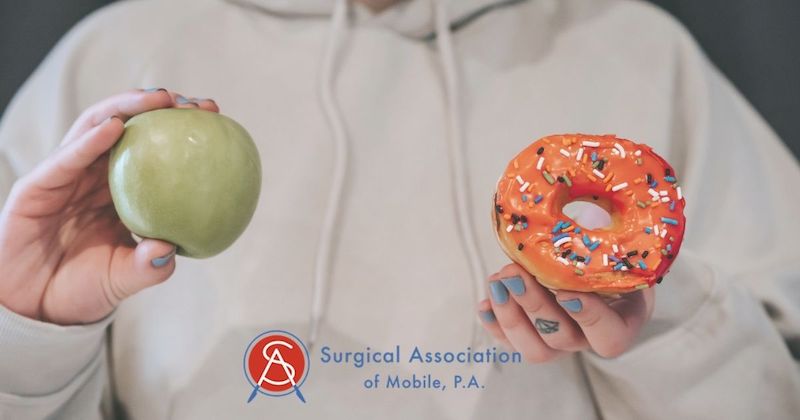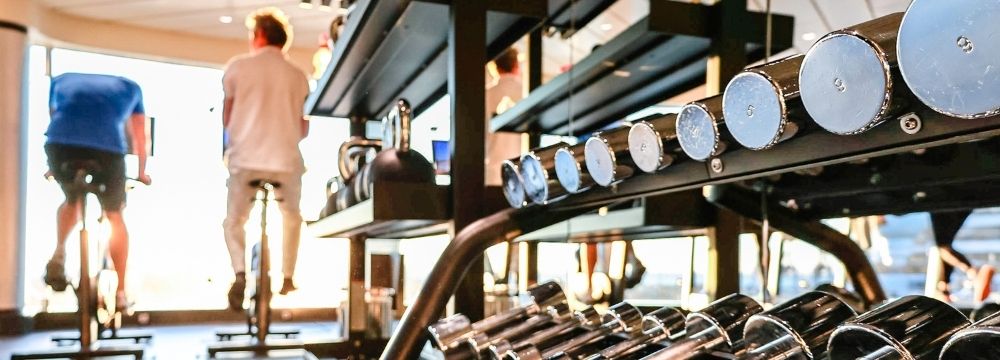
Food cravings can feel like the enemy, but they are a very normal, healthy bodily response. Rather than trying to suppress them at all costs, learning how to manage them is an important part of the post-operative bariatric lifestyle.
Following are some helpful pointers to manage cravings and keep yourself on track:
- Experiment with 5 small meals instead of 3 larger meals each day. Smaller, more frequent meals keep blood sugar spikes at bay, which can in turn reduce cravings.
- Eat more protein and fiber. Foods that are high in protein and fiber help fill us up and move more slowly through the digestive system than empty carbs like white bread, white rice and sugar.
- Drink plenty of water. You can avoid the phenomenon known as head hunger by drinking water about an hour before each meal and making sure you get your 64 ounces of water each day. Dehydration can cause overeating when thirst is the real problem.
- Be mindful of your mood. Have you ever seen how stress and a generally bad day push you toward the fridge? Being mindful of the triggers that make you crave food can be helpful in avoiding overeating.
Reducing Cravings Surgically
Bariatric surgery, and particularly the gastric sleeve can chemically reduce the cravings that you experience. When the fundus of the stomach is removed from the abdomen during the gastric sleeve, it also reduces one of the production centers of the hunger hormone known as ghrelin. It’s yet another mechanism by which bariatric surgery can lead to significant weight loss. But you should also know not all patients experience this phenomenon after a gastric sleeve. Only about half do. With that said, after a gastric sleeve, you will feel fuller, sooner because of the reduced size of the stomach pouch. This can be true for other bariatric operations as well.
What Not to Do
- Typically, taking supplements that promise to suppress hunger and allow you to lose weight are not the solution – they may actually be harmful. And they are not regulated by the FDA, meaning there is no significant oversight of the quality or efficacy of these supplements. It is not unheard of to find out a particular supplement may actually be harmful, contrary to claims made by the manufacturer.
- Skip meals. Skipping a meal may seem like an easy way to drop the calories, but all it does is make you want to eat more at the next meal. And while many people believe skipping breakfast may be a good idea, in actual fact, it may be worse than skipping other meals.
- Get discouraged – there are dozens of reasons why you might not have consistent weight loss week in and week out. It is important you don’t get discouraged when you have a week of weight plateauing. This is perfectly normal. Instead, try to change up your diet and exercise program to do something new and keep it fresh.
Of course, if you have any questions or if you need assistance from our office, we are there for you anytime. Contact one of our nurses or nutritionists to learn more about how to maintain a proper diet and exercise plan but also suppress hunger after your surgery.










